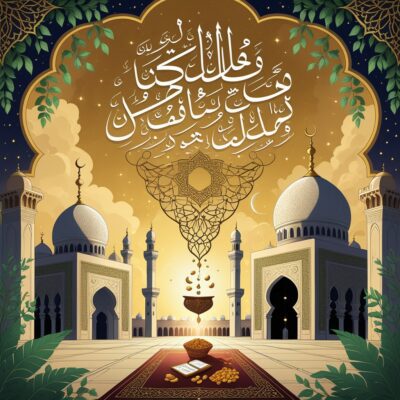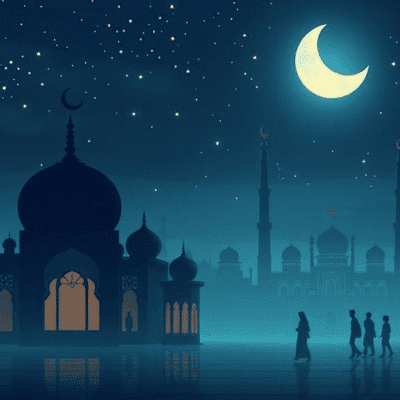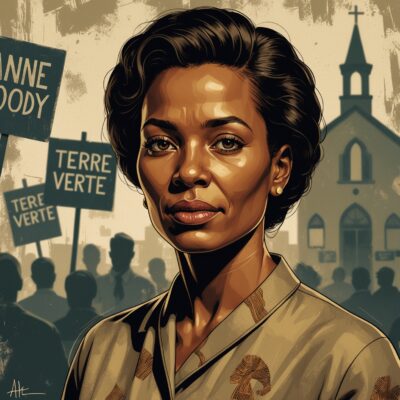Religion has long been a fundamental aspect of human civilization, shaping societies and influencing the ways people interact with one another. Its role in society extends beyond personal belief systems, impacting politics, culture, morality, and even social change. For sociologists, theology enthusiasts, and cultural anthropologists, understanding the multifaceted impact of religion provides valuable insights into the social fabric that binds communities together. This blog will explore the historical and present role of religion, its sociological significance, and its future trajectory in our increasingly globalized world.

Historical Perspective on Religion
Religion has played an integral role in human societies for thousands of years. Early humans turned to spirituality as a way to explain natural phenomena, instill order within groups, and provide meaning to their existence. Religious rituals and beliefs were often tied to survival strategies, uniting communities and promoting collective well-being.
Ancient civilizations like Mesopotamia, Egypt, and Greece employed religion as a way to govern society. Priests and religious leaders held significant power, often equating divine authority with political rule. This dynamic established a tradition of religion as both a unifier and an influencer of early governance.
Over time, the role of religion evolved. While early forms sought to explain the mysteries of existence, organized religions began to emerge, offering structured doctrines and ethical codes. These systems of belief, such as Christianity, Islam, Buddhism, and Hinduism, laid the groundwork for culture, law, and morality in societies worldwide.
The Sociological Significance of Religion
What role does religion currently play in society from a sociological perspective? Several key theories offer answers:
Durkheim’s Functionalism
Sociologist Émile Durkheim argued that religion serves as a unifying force, promoting shared values and social cohesion. He believed that religious rituals reinforce collective identity by creating a sense of belonging among members of a society. For instance, large-scale celebrations such as Christmas or Ramadan bring communities together, fostering solidarity and shared purpose.
Weber’s Rationalization
Max Weber explored how religion influences economic and social behaviors. His famous work, The Protestant Ethic and the Spirit of Capitalism, highlighted the role of religious values—such as discipline and hard work—in shaping capitalist societies.
Marx’s Critique
Karl Marx offered a more critical perspective, calling religion the “opiate of the masses.” He argued that religion was often used as a tool by ruling classes to maintain power by pacifying the oppressed with promises of spiritual reward in the afterlife. This critique has sparked ongoing debates on how religion interacts with issues of inequality and power structures.
The Impact of Religion on Cultural Norms and Values
Religious beliefs serve as a foundation for the moral codes and social norms that shape behavior in communities. For instance:
- Moral Guidelines: Most religions promote core values such as honesty, compassion, and altruism, instilling a societal framework for ethical behavior.
- Gender Roles: Historically, religion has played a role in defining gender expectations and roles within households and societies. While some religious interpretations have reinforced traditional roles, modern movements within major religions are challenging these perspectives to promote equality.
- Social Behavior: Religious teachings often guide behavior in critical phases of life—birth, marriage, and death. These rituals serve to unite communities and provide a sense of continuity and stability.
Religion and Politics
The interplay between religion and politics remains a focal point of societal dynamics around the world. Historically, religion has often intersected with governance, creating laws driven by moral and ethical codes derived from sacred texts.
Today, religion continues to influence political systems in several ways:
- Shaping Legislation: Many laws concerning marriage, education, and human rights stem from religious principles.
- Global Affairs: Religion plays a notable role in international relations. For example, the involvement of religious organizations in peace-building efforts highlights how spiritual frameworks can bridge divides.
While the integration of religion with political power can foster unity, it can also lead to conflicts when diverse religious groups vie for political influence.
Religion and Social Movements
Religion has historically inspired and propelled social change:
- Civil Rights Movement: Martin Luther King Jr., a Christian pastor, drew upon his faith to guide the U.S. Civil Rights Movement, advocating for equality and justice.
- Gandhi’s Non-violence: Mahatma Gandhi’s non-violent resistance against British rule in India was heavily influenced by Hindu and Jain beliefs.
- Anti-Apartheid in South Africa: Religious leaders like Archbishop Desmond Tutu played pivotal roles in dismantling injustices rooted in apartheid.
Despite these examples of positive change, religion has also been implicated in movements that resist progress, underscoring its complex influence on society.
The Future Role of Religion in Society

What does the future hold for religion in an increasingly secular and globalized world? Several trends help shape this discussion:
- Secularization: Studies suggest that religion is becoming less central in some Western societies. However, in many areas of the world, such as Africa and parts of Asia, religious adherence remains strong and continues to grow.
- Interfaith Dialogue: Globalization has brought people of diverse faiths into closer contact, creating opportunities for interfaith collaboration to address global challenges like climate change and inequality.
- Adaptation to Modernity: Religions are evolving to stay relevant in modern contexts. Churches stream services online, mosques adopt solar energy, and Buddhist monks lead meditative apps.
While predictions vary, the enduring presence of spirituality in human life suggests that religion, in some form, will continue to shape the future of society.
Reflecting on Religion’s Profound Impact
Religion is an enduring force that shapes societies, cultures, and individuals’ lives. Its historical role in unifying communities and guiding moral codes cannot be overstated. From inspiring social movements to influencing politics and culture, religion has profoundly impacted humanity.
However, its role is not without challenges. Critics question its misuse in suppressing dissent and perpetuating inequalities. The future presents an opportunity to redefine religion’s role as a bridge rather than a barrier, fostering collective progress.
What are your thoughts on the evolving role of religion in society? Share your perspective in the comments—or engage in meaningful dialogue with our community!











